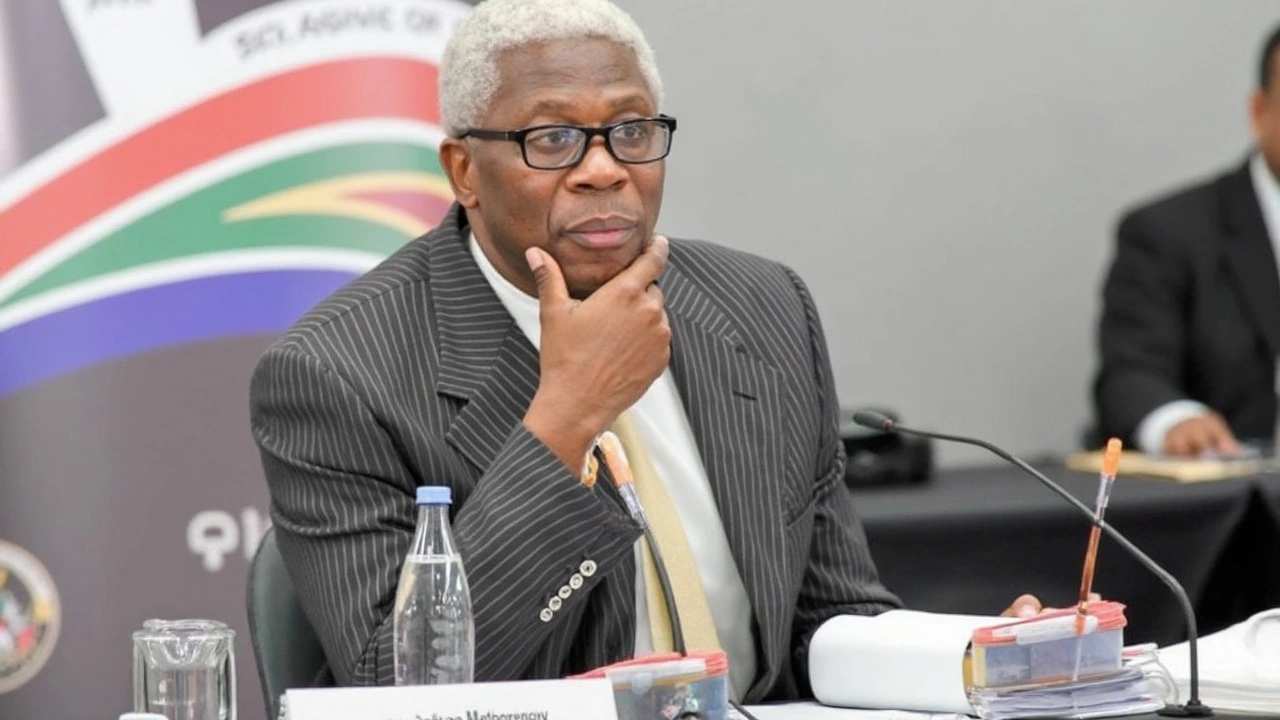Judge Mbenenge Faces Tribunal Over Harassment Claims
Eastern Cape High Court Judge President Selby Mbenenge is under the spotlight, fighting for his legal and professional reputation as the Judicial Conduct Tribunal tries to untangle serious sexual harassment allegations. The hearings, which picked up again in May 2025 and ran through early July, have drawn close attention—both for the details of the accusations and what the outcome could mean for the country's broader standards of judicial conduct.
The case started when Andiswa Mengo, a judges' secretary, came forward alleging that Mbenenge made unwanted sexual advances toward her. She took her complaint to the judiciary’s oversight bodies, setting off formal misconduct proceedings that could result in Mbenenge being impeached and removed from the bench. The stakes are high—not just for him, but for how claims of this nature are handled when they involve top judicial figures.
During three days of cross-examination from July 8-10, 2025, Judge Mbenenge tried to steer the conversation to the specifics. His message was simple: the law should be the guide, not personal moral codes. He pushed back hard against the characterization of his behavior as coercive or predatory, insisting that his interactions with Mengo were consensual. According to him, Mengo did not say no or object to his advances, and both parties agreed at one point to delete explicit WhatsApp messages from their phones.
Mbenenge explained that the reason behind erasing those messages was not to conceal any misconduct, but rather to protect his family's privacy, since his phone could be accessed by his children. This point became a key part of his defense—suggesting it was more about discretion than guilt.
The Legal and Ethical Stakes
The tribunal, led by retired Gauteng High Court Judge President Bernard Ngoepe, has heard detailed accounts about what happened between the two. The evidence includes digital communications, personal testimony, and arguments about exactly where the line should be drawn between unprofessional behavior and criminal conduct in a workplace built on hierarchy and respect.
For Mbenenge, a lot rides on whether the tribunal agrees with his take that this is a legal matter—more about what can be proven regarding consent—rather than a test of character or adherence to societal norms. He strongly maintained that moral or religious beliefs shouldn't decide the case’s outcome. Instead, he says the standard should focus on whether his actions were genuinely unwanted by Mengo. Previous cases and court precedents about workplace conduct and consent are all being looked at, since the ruling could shape future cases involving judges and subordinates.
While the cross-examination phase wrapped up as of July 10, the tribunal process is not over. The findings could lead to one of the most significant judicial consequences in recent South African memory, especially given the senior position Mbenenge holds. The legal system, judicial accountability, and protections for complainants in the justice sector are all facing scrutiny as this high-profile case moves toward a verdict.

